| Age of Ash follows the adventures of two thieves living in the slums, Alys and Sammish. While investigating the murder of her older brother, Alys gets involved with a brotherhood of dark magic intent on political intrigue. She earns enough money working for this brotherhood to escape the usual desperation of the slums, but at the cost of her soul. Her friend Sammish, who has a knack for going unnoticed, helps Alys with the investigation, and is drawn into an opposing faction. Although Alys is billed as the main character, it is Sammish who drives the plot of the story by attempting to unravel the dark brotherhood’s plots. |
As Alys falls deeper into the brotherhood’s dark deeds, I keep hoping Sammish will rescue stubborn Alys from herself. But, accustomed to overlooking the unnoticable Sammish, Alys downplays her friend’s concerns and keeps digging into trouble.
| The story takes place in the city of Kithamar, which is a character in its own right. The slums where Alys and Sammish live are an enclave of Inlisc nomads, whereas the Hansch conquerors occupy the wealthier western half of the city. Different neighborhoods have different gods, but all agree that the river bisecting the city is hungry for souls and must be assuaged by specific rites. There are plots within plots, human-embodied gods demanding truth, and multiple layers of magic—summoning candles, transferring souls between bodies, inflicting curses of illness or plague. One of the delights of the novel is how the magics and various plot threads weave together to create a seamless whole by the story’s conclusion. |
Age of Ash is a compelling fantasy with complex, endearing characters, a fascinating world, and epic stakes both personal and political.



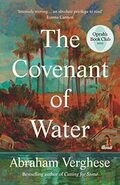



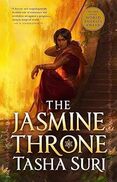
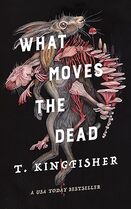

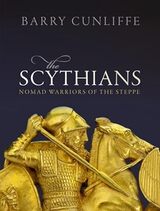
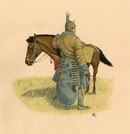
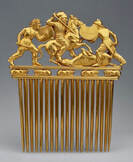
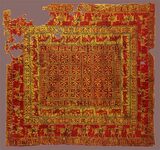
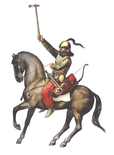

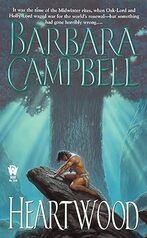

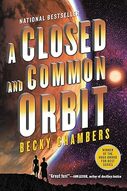
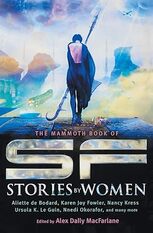
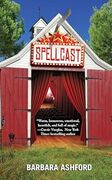

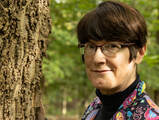
 RSS Feed
RSS Feed